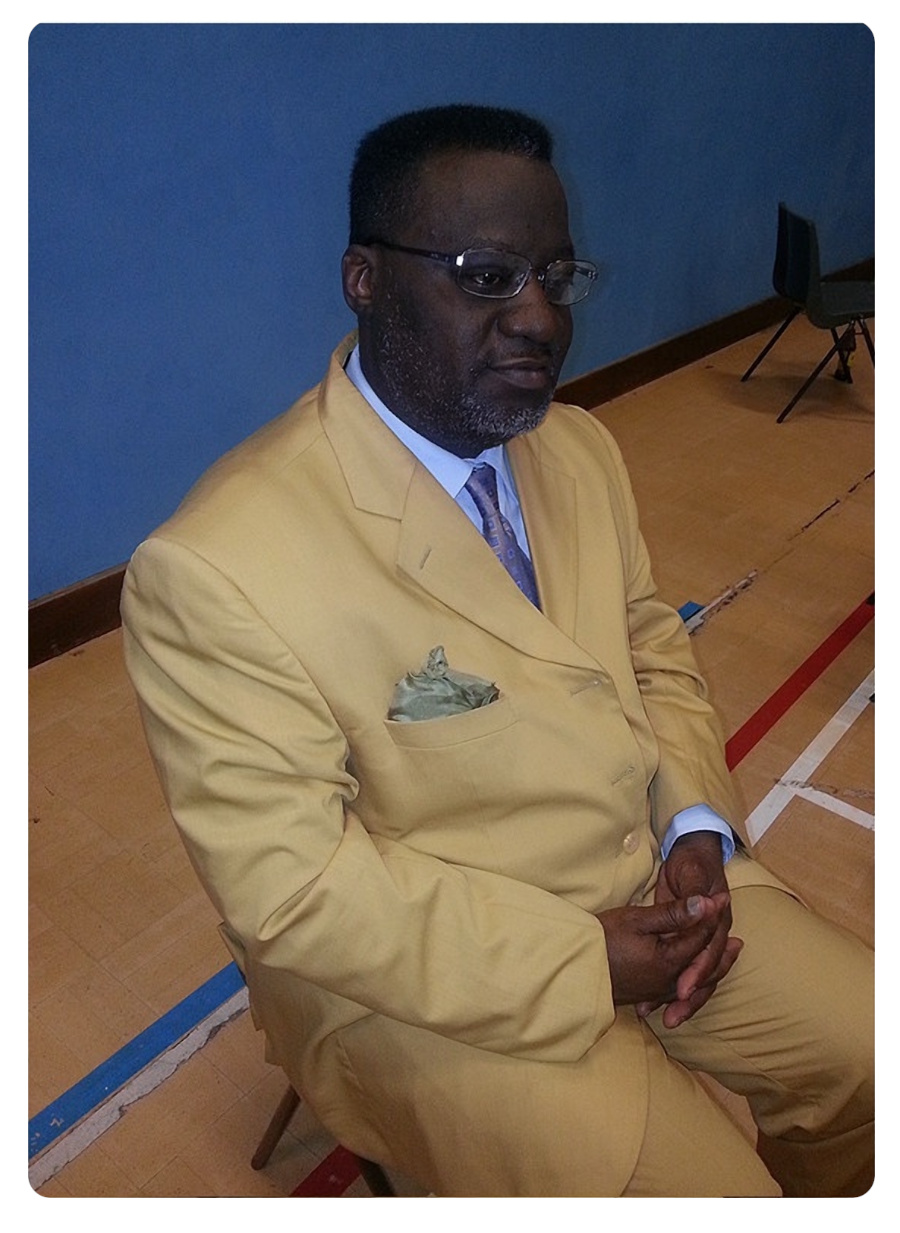How Dr Adeleke Oyenusi Overcame Stroke and Kidney Failure to Inspire Others
Dr. Adeleke Oyenusi is a remarkable person who has faced and overcome two major health challenges in his life: stroke and kidney failure. His story is not only a testament to his resilience and courage, but also a source of inspiration and hope for anyone who is going through similar difficulties. In this article, we will explore how Dr. Adeleke Oyenusi dealt with his conditions, what he learned from his experiences, and how he shared his insights with the world through his books.
 Dr.(Prince). Adeleke Eniola Oyenusi – PhD Econs;
Dr.(Prince). Adeleke Eniola Oyenusi – PhD Econs;
MIFL; QTLS; APM; Member Society for Education and Training (MSET).
Surviving a Stroke
On the 26th of December, 2000, Dr. Adeleke Oyenusi suffered a stroke that left him partially paralyzed on the right side of his body. He was rushed to the hospital, where he received treatment and rehabilitation. He had to relearn how to walk, talk, and perform basic tasks. He also had to cope with the emotional and psychological impact of his stroke, such as depression, anxiety, and low self-esteem.
Dr. Adeleke Oyenusi did not give up on himself or his recovery. He followed his doctor's advice, took his medication, and participated in physiotherapy and occupational therapy. He also sought support from his family, friends, and faith community. He gradually regained his mobility, speech, and confidence. He was determined to resume his normal and productive life.
Facing Kidney Failure
In October 2002, Dr. Adeleke Oyenusi was diagnosed with renal (kidney) failure, a condition where the kidneys lose their ability to filter waste and fluid from the blood. He was told that he needed dialysis, a treatment that artificially performs the function of the kidneys, or a kidney transplant, a surgery that replaces a damaged kidney with a healthy one from a donor.
Dr. Adeleke Oyenusi initially underwent line dialysis, a type of dialysis that uses a catheter inserted into a large vein in the neck or chest. He later switched to Continuous Ambulatory Peritoneal Dialysis (CAPD), a type of dialysis that uses a catheter inserted into the abdomen and a fluid called dialysate that fills and drains from the peritoneal cavity. He also tried Hemodialysis, a type of dialysis that uses a machine called a dialyzer that filters the blood through a special membrane.
Dr. Adeleke Oyenusi endured the challenges and complications of dialysis, such as infections, fatigue, nausea, cramps, and fluid restrictions. He also waited patiently for a suitable kidney donor to become available. He maintained a positive attitude and a healthy lifestyle. He continued to work, study, and enjoy his hobbies. He also educated himself and others about kidney disease and its prevention.
Receiving a Kidney Transplant
In June 2008, Dr. Adeleke Oyenusi received the good news that he had a matching kidney donor. He underwent a successful kidney transplantation surgery, where a healthy kidney from a deceased donor was implanted into his body. He was discharged from the hospital after a few days, and he started to experience the benefits of his new kidney, such as improved energy, appetite, and blood pressure.
Dr. Adeleke Oyenusi followed his post-transplant care plan, which included taking anti-rejection drugs, monitoring his kidney function, and avoiding infections. He also expressed his gratitude to his donor and his donor's family, who gave him the gift of life. He celebrated his second chance at life by pursuing his goals and dreams.
Writing His Books
Dr. Adeleke Oyenusi decided to share his experiences and insights with the world through his books. He wrote two books about his journey with stroke and kidney failure:
- - Living a normal and healthy life after renal (kidney) failure. Part 1
- - My kidney Transplantation. Part 2
In his books, he described the medical, personal, and spiritual aspects of his conditions. He also offered practical advice and encouragement to other patients and their caregivers. He aimed to raise awareness and understanding of stroke and kidney disease, and to inspire hope and resilience in the face of adversity.
Conclusion
Dr. Adeleke Oyenusi is a remarkable person who has overcome stroke and kidney failure to live a normal and healthy life. He is not someone who is extremely lucky, but someone who is extremely brave and determined. He is an inspiration for us all, as he shows us that we can go through so many life-threatening afflictions and still live a normal life. He also shows us that we can use our experiences to help and inspire others. He is a living example of the power of faith, hope, and love